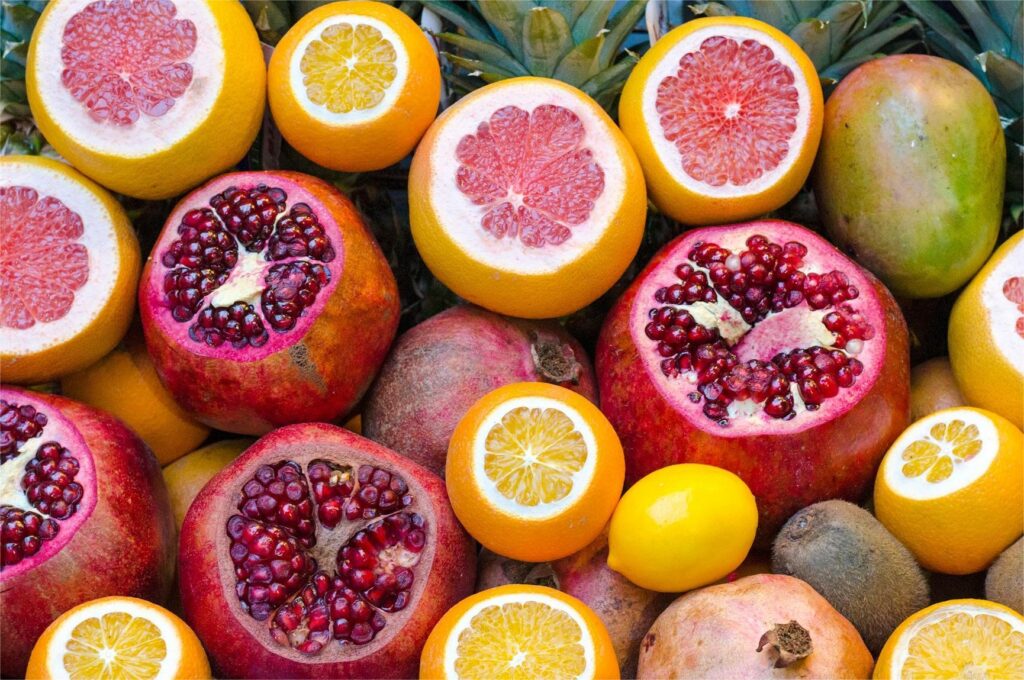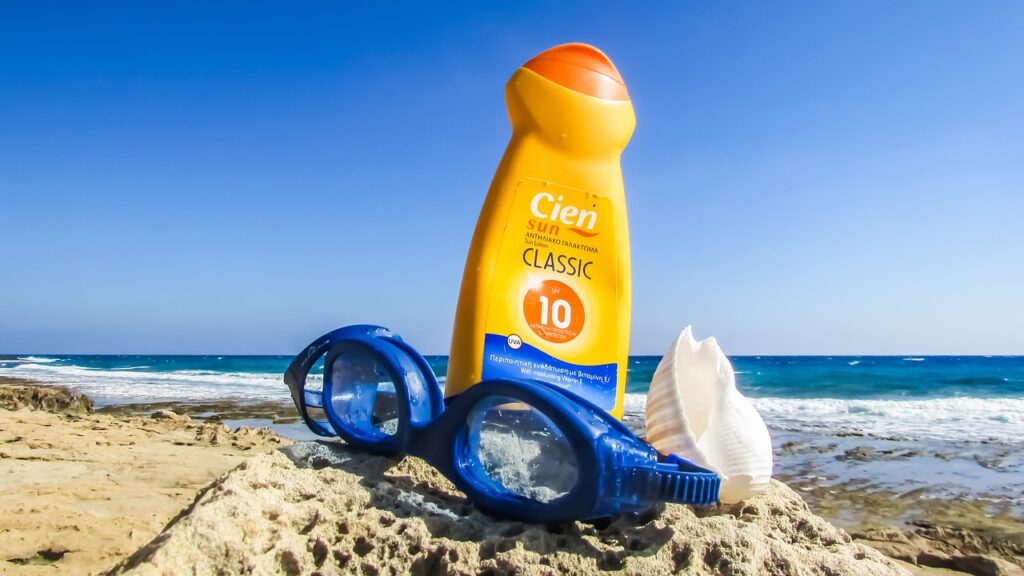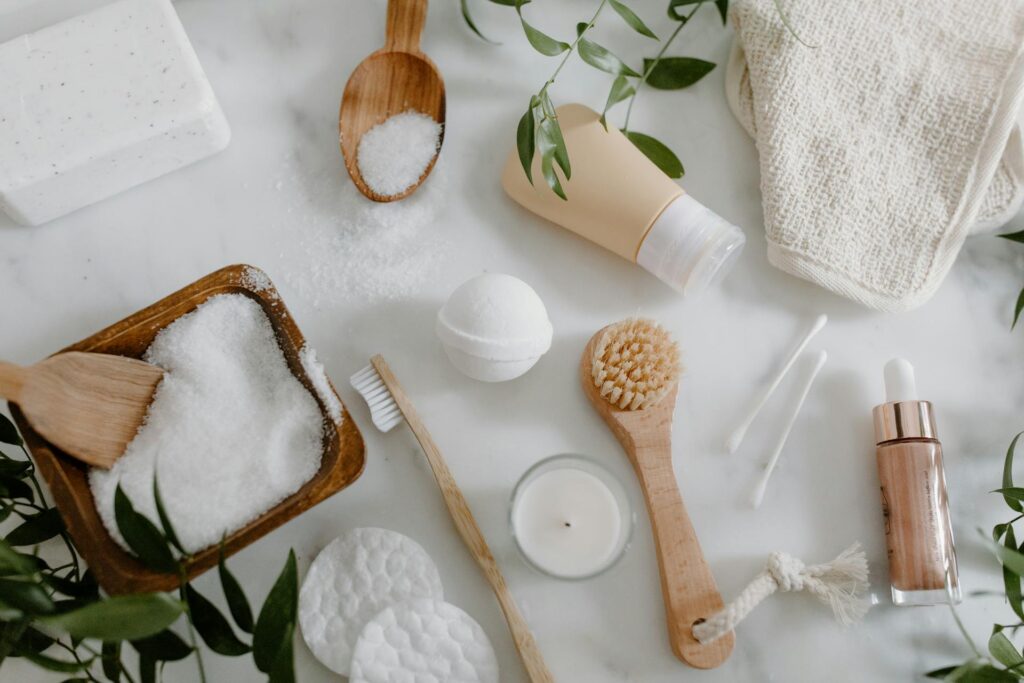- Introduction
- What are Free radicals?
- What is oxidative stress?
- What is an Antioxidant and how does it work against free radicals?
- Types of Antioxidants in skincare Products
- Synergistic antioxidants
- How can we get antioxidants?
- How are antioxidants used in skincare products?
- Examples of some most powerful Antioxidants
- When should you use antioxidants?
- Who needs antioxidants?
- Final words
Introduction
The growing interest in beauty, skincare, and healthy lifestyles has led to the growing popularity of antioxidants. The name “antioxidants” is now commonly used. You can see it in advertisements for many skin care products and foods, as well as in articles and brochures created by nutritionists and doctors. This makes consumers aware of the importance of antioxidants in cosmetics for their health.
But what exactly does this mean? What are these substances and where can you find them? how they function, and what modern cosmeceuticals and nutraceuticals offer to slow down the aging process. We have tried to cover up important pieces of information for you, hope you like it
What are Free radicals?
Before starting the whole topic, we need to know about free radicals. Free radicals are active forms of oxygen. On the outer shell of free radical atoms are unpaired electrons. Trying to fill the free space and bind them, oxygen atoms take electrons from other molecules and oxidize them. The oxidized particle itself turns into a free radical. A chain reaction of cell destruction occurs.
The problem arises when the number of free radicals exceeds what the skin can naturally evacuate, particularly when it is also exposed to one or more external sources of free radicals: UV rays first and foremost, but also pollution, tobacco, alcohol, stress, certain medical treatments such as radiotherapy, a diet too rich in meat or saturated fats, etc.
What is oxidative stress?
Free radicals are needed by the body as catalysts for vital reactions, but several unfavorable factors can disrupt the oxidation-reduction balance. In this case, oxidative reactions prevail in the body, during which free radicals destroy our cells. This process is called oxidative stress. The skin’s defense systems are then disturbed, and oxidative stress sets in, causing an ever-increasing production of free radicals.
In particular, free radicals reduce the production of collagen, a protein that provides firmness and elasticity to the skin. This results in a phenomenon of skin aging: wrinkles appear, first superficial, then increasingly deeper. The skin is less supple and toned, it also becomes duller. Skin sensitivity (photosensitivity, redness, irritation, etc.) can develop.
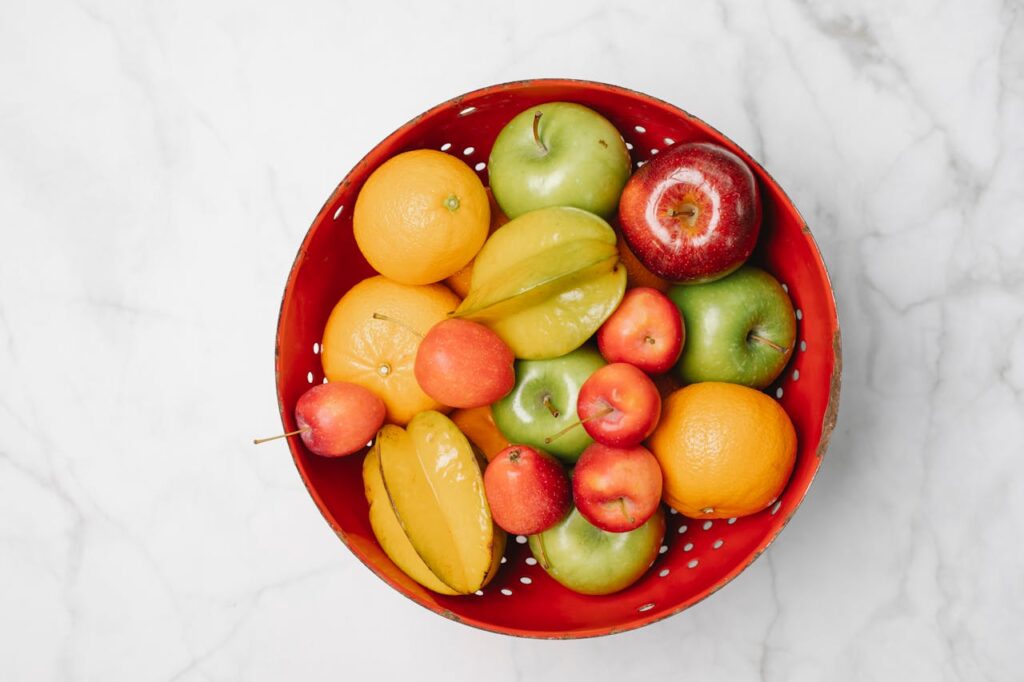
What is an Antioxidant and how does it work against free radicals?
Antioxidants have unique properties that allow them to neutralize the effects of free radicals. They give oxygen molecules missing electrons, and speed up the reactions of their neutralization, preventing the destruction of body cells. At the same time, antioxidants themselves do not change their chemical structure and remain safe for our bodies. Thus, antioxidants, by neutralizing the action of free radicals, prevent the process of cell destruction and, as a consequence, the aging process, as well as the development of many serious diseases.
Types of Antioxidants in skincare Products
Given the wide range of antioxidant substances used in skincare products, some people find it difficult to choose the right products. It is therefore important to know that antioxidants are classified according to their effects. Below, we have described the key groups of these components.
Primary Antioxidants
These antioxidants are not aimed at destroying free radicals, but at providing them with the missing electron. Thus, they interrupt the reactions of free radicals and protect our cells. This group includes the aforementioned polyphenols, present in natural ingredients (of plant origin) and tocopherols, as well as some synthetic compounds. They are considered the most effective and powerful antioxidants in cosmetic products.
Secondary antioxidants
When used in the skincare industry, this group aims to reduce the activity of free radicals. Among other things, these antioxidants can enhance the effects of primary antioxidants and improve their regeneration. These effects are demonstrated, among others, by phospholipids, ascorbic acid, and beta-carotene.
Synergistic antioxidants
You already know that some types of antioxidants present in cosmetics can be combined to enhance each other’s effects. These are called synergistic antioxidants, a good example of which are combinations such as:
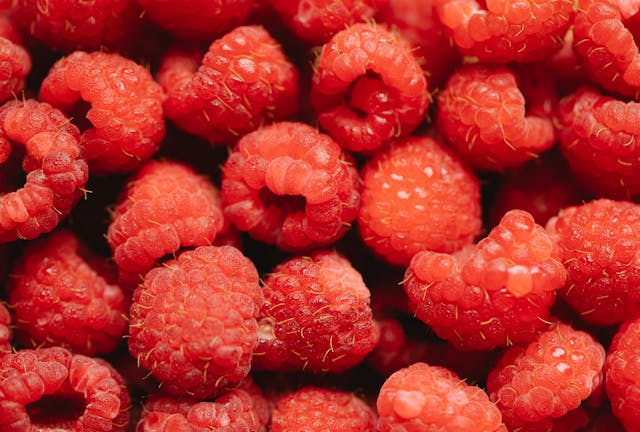
Vitamins C and E
Vitamin C is a water-soluble antioxidant that primarily works in the aqueous (water-based) environments of the body and skin. It helps regenerate vitamin E, a fat-soluble antioxidant that operates in the lipid (fat-based) regions of cells. When vitamin E neutralizes a free radical, it can become a pro-oxidant. However, vitamin C regenerates vitamin E back to its antioxidant form, enhancing its efficacy and providing sustained protection.
Vitamin E protects the cell membranes and lipids from oxidative damage, while vitamin C strengthens the skin’s defense in the aqueous environment. Together, they offer comprehensive protection across different cellular environments.
Vitamin C and Bioflavonoids.
Bioflavonoids are plant-based compounds that often accompany vitamin C in fruits and vegetables. They enhance the absorption and efficacy of vitamin C, helping it stay active longer in the body and skin. This combination boosts collagen synthesis, reduces inflammation, and improves skin elasticity.
By stabilizing vitamin C, bioflavonoids help maintain its antioxidant capacity, providing prolonged protection against oxidative stress and promoting a brighter, more even skin tone.
Using antioxidants together with other minerals or vitamins, for example, vitamin E and selenium or vitamin C and magnesium, also helps to enhance their effects. You should pay attention to these combinations both in the beauty products you choose and in your daily diet.
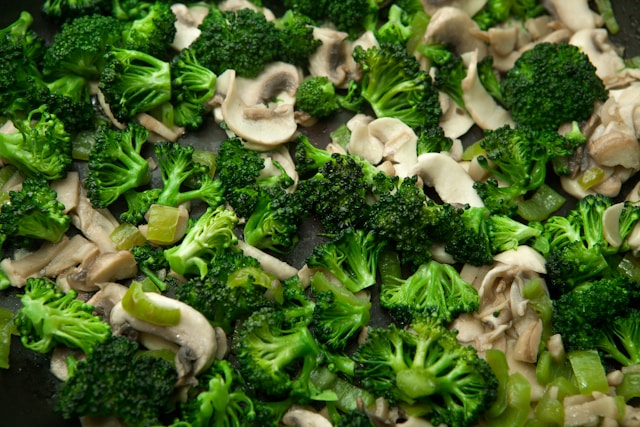
How can we get antioxidants?
Some of the best sources of antioxidants are given below
- Nuts
- Legumes
- Green tea
- Seafood
- Vegetables
- Fruits and berries
- Grapes, blueberries
- Cherries
- Apples
- Apricots
- Lemons
- Bell peppers
- Carrots, eggplants
- Broccoli
- Garlic
- Onions
- Orange
How are antioxidants used in skincare products?
The raw materials used for natural skincare are rich in nutrients that are essential for maintaining healthy skin. Several antioxidants combined in a beauty product can give amazing results! Antioxidants used in the skincare industry have proven to be very effective, which has been confirmed by numerous clinical studies. They are found, among others, in:
- Moisturizers
- Regenerating serums
- Essences and emulsions
- Facial cleansers
- Masks
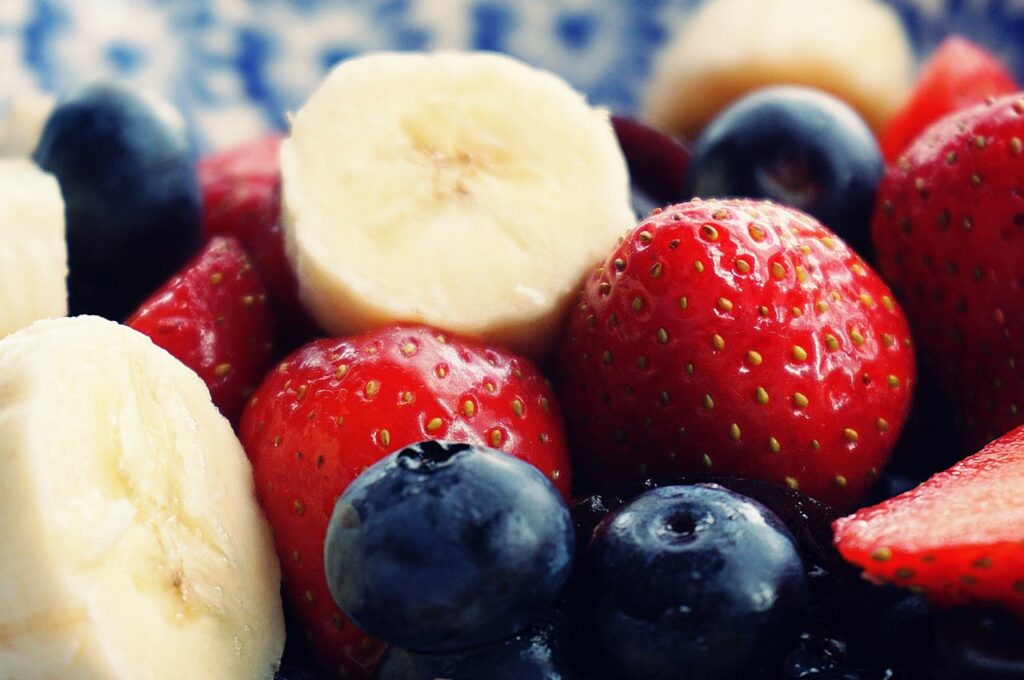
Examples of some most powerful Antioxidants
Antioxidants are very widely used in the skincare industry. Manufacturers use ingredients such as plant extracts, vitamins, amino acids, or polyphenols. There are a few particularly effective antioxidants.
- Astaxanthin
- Vitamin E
- Vitamin C
- Vitamin A
- Coenzyme Q10
- Resveratrol
- Carotenoids
Astaxanthin
Astaxanthin is considered one of the most powerful antioxidants in the world. It is a pigment from the carotenoid family. In its natural state, it can be found in crustaceans, seafood, certain fish (salmon, trout, etc.), plankton, krill, or algae.
In skincare, you can find krill oil and benefit from its powerful antioxidant power. The observed effects of this oil have been measured and are almost 30 times greater than the action of vitamin E. Krill oil is extremely effective in preventing the phenomenon of oxidation, to avoid the risks of tissue degeneration and skin inflammation.
Vitamin E
It is one of the most powerful antioxidants that should be included in both your diet and your daily skincare. This antioxidant demonstrates its ability to react with free radicals, preventing damage to your body’s cells. Here are some of the benefits are given below
- Deeply hydrates the skin,
- Seals the tissue lipid barrier,
- Slows down the skin aging process,
- Promotes healing of cuts and wounds,
- Makes the skin more supple.
Vitamin E works well as an antioxidant in skincare. It is also an essential part of a healthy diet: it increases insulin sensitivity, boosts your immunity, and is an important factor in transporting oxygen to cells. It comes from plant products, including almonds, oils, and cruciferous vegetables.
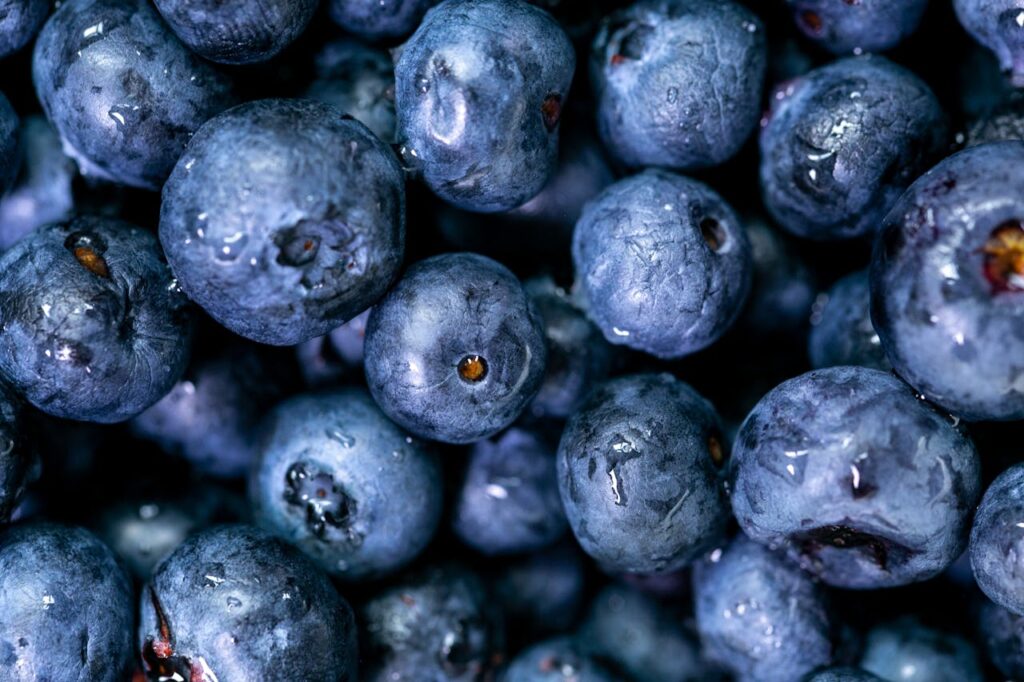
Vitamin C
It is one of the most commonly supplemented nutrients, recommended both as a medicine and as a substance to prevent infections. Vitamin C helps your body deal with inflammation and provides essential support for healing processes related not only to the respiratory system and colds but also to the digestive tract.
The addition of vitamin C is extremely important because it promotes collagen synthesis. It also accelerates the healing of wounds and scars. As an antioxidant, vitamin C used in the skincare industry works best in combination with vitamin E, as it improves regeneration and absorption. Some features of this antioxidant include:
- Reduction of redness
- Seal blood vessels
- Reduction of discoloration
- Anti-inflammatory and antibacterial effects.
There are several forms of vitamin C used in the skincare industry. Among them, L-ascorbic acid is the most popular, with its low pH and high concentration of active ingredients in the product. Ascorbyl tetraisopalmitate is also quite common and its effects are related to another antioxidant, the aforementioned vitamin E. It is important to note that it penetrates the deep layers of the skin, exerting a strong regenerating effect.
Choosing the right form of vitamin C is very important because each one meets different needs. Some forms of vitamin C can irritate both the skin and mucous membranes.The different forms of this antioxidant present in skincare products differ in their effects, their absorption capacity, their ability to react with other substances, and their shelf life.If you notice various forms of vitamin C in the composition of your products, try to see which one suits your skin best and try to use it regularly. You will notice the effects.
Vitamin A
Vitamin A is an antioxidant widely used in the skincare family. Retinol penetrates deep into the layers of the skin but has a mild effect, which is why it is recommended for sensitive skin. Vitamin A creams are designed to:
- Moisturize the skin and reduce water loss,
- Reduce wrinkles
- Increase collagen production
- Exfoliate dead skin cells
- Inhibit bacterial activity
- Slow down the skin aging process
- Support the fight against acne
Coenzyme Q10
In addition to the above vitamins, it is coenzyme Q10 which is one of the most popular and powerful antioxidants in beauty products. The properties of this compound were discovered in the 1950s and its applications have since multiplied. Coenzyme Q10 is naturally present in our body and provides nutrition to our cells. Its properties include:
- Protection of the body against free radicals,
- Regeneration of vitamin E
- Powerful and effective epidermal reconstruction,
- Reduction of wrinkles and damage due to oxidative stress
- Increased collagen production
- Improved skin elasticity and radiance.
A major advantage of coenzyme Q10 is its shelf life and thermal stability. It is found as an ingredient in nourishing facial serums as well as in many creams and masks. It is also found in food products, including high-quality olive oil. Thanks to its regenerative properties, this antioxidant is recommended for dry, tired, and mature skin showing signs of aging.
Resveratrol
Resveratrol is not only a powerful fighter against free radicals, but also an activator of youth proteins – sirtuins, which are responsible for the restoration of damaged cells in our body. With age, these proteins become less active and need additional stimulation. The only downside is that products with resveratrol can only be applied at night, as it is destroyed by exposure to ultraviolet radiation. Works well in a team with vitamin E.
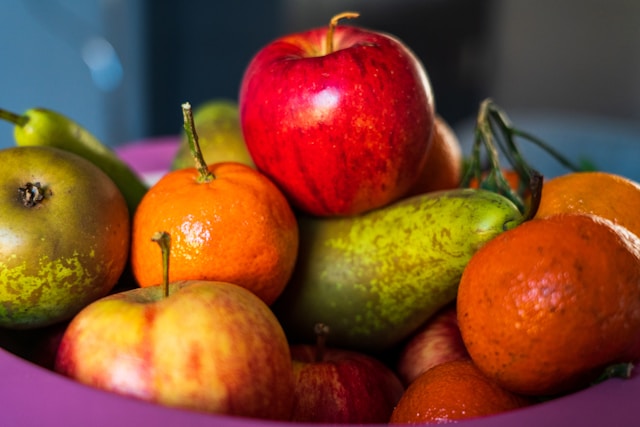
Carotenoids
Carotenoids are a group of substances that include lutein, lycopene, beta-carotene, and astaxanthin. They can deactivate active forms of oxygen due to their high antioxidant potential and help protect skin cells from UV radiation.
Superoxide dismutase (SOD)
Superoxide dismutase (SOD) is an antioxidant enzyme well known for its ability to neutralize the most aggressive free radical superoxide. Its antioxidant capacity is 1000 times greater than vitamin E. This enzyme is present in every cell of our body, and to support our own SOD, scientists have developed various methods for synthesizing this enzyme. At the moment, SOD is obtained from marine phytoplankton, cattle liver, horseradish, melon and some bacteria.
When should you use antioxidants?
Antioxidants provide so many benefits to our health that their consumption and use is recommended for everyone. However, antioxidants are especially important if you suffer from:
- Chronic fatigue
- Inflammation
- Oxidative stress,
- Dull skin and wrinkles
- Reduced immunity
- Skin pollution
- Skin texture problem
- Hyperpigmentation
- Acne
Who needs antioxidants?
It is obvious that antioxidants are necessary for all people, and this need increases with age. It is especially relevant for women during menopause when the level of estrogen production drops sharply. These hormones play an important role in maintaining many functions of the body. They stimulate the production of collagen, maintaining the elasticity of the skin. Antioxidants can neutralize the negative effects caused by a decrease in estrogen and slow down the aging process.
Final words
The problem of preserving beauty and youth is directly related to such concepts as antioxidants and free radicals. The former are contained in many types of modern cosmetics and biologically active additives. The latter acts in our bodies. These fellows have a multitude of different properties, therefore, the reasons to use antioxidants are many, diverse, and varied.
Daily use of antioxidants in skincare or as supplements can help protect the skin, but also prevent and repair the inconveniences caused by pollution of the air and the environment in which we live. Before purchasing your desired one, Make sure you choose the right composition of your products and you will see how effective they can be! Be sure to read them carefully and continue to search for new information to respond accordingly to the needs of your body.
